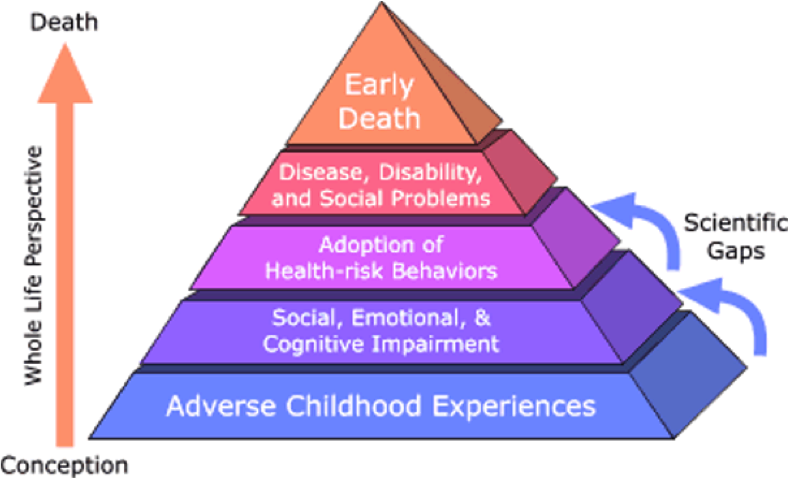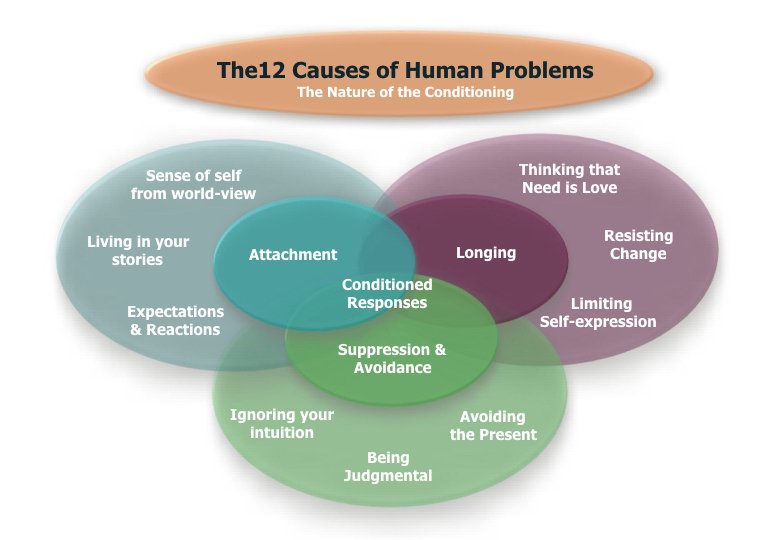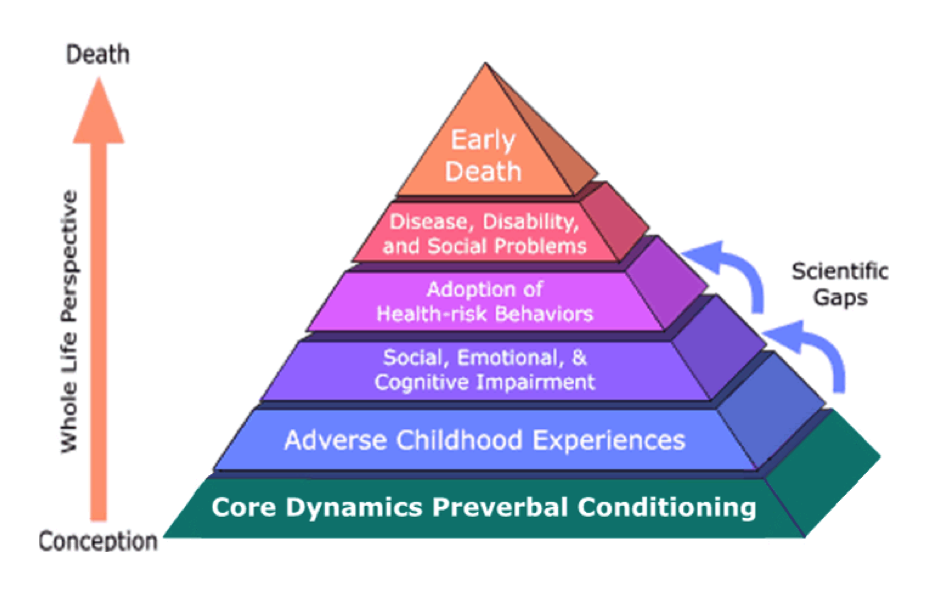The ACE Study
And it’s importance in understanding how to approach ACE based disorders
with new more highly effective treatments
A large study was done at Kaiser Permanente in San Diego, CA in conjunction with the Center for Disease Control. This study is known as the ACE Study.[1] ACE stands for Adverse Childhood Experiences.
The ACE study correlates how many different categories of childhood traumas people experienced while growing up with adult health status on average 50 years later.
The results of this study make it clear that there is a very significant graded correlation between an increase in the number of categories of adverse childhood experiences with an increased occurrence of various behavioral and organic illnesses.
Summary of Findings:
- Adverse Childhood Experiences (ACEs) are very common, but largely unrecognized
- ACEs are strong predicators of later social functioning, well-being, health risks, disease, medical costs, and death
- ACEs are thus the basis for much of adult medicine and of many major public health and social problems
- ACEs are interrelated, not solitary
- This combination makes ACEs the leading determinant of the health, social and economic well-being of our nation
With a large population of over 17,000 Kaiser members participating in the study it is clear that unresolved childhood traumas are causal to later physical and mental health problems.
The ACE study also noted that the ACE’s are both much more common than previously thought and that they don’t tend to self heal. They have continued impact even half a century later.
In the CDC’s web site about the study they present this pyramid regarding the ACE Study:

Our research at Inner Greatness Global leads us to believe that there is a missing layer to this pyramid. It is the pre-verbal conditioning that sets us up to not be able to heal the ACE. The insights from our research into the nature of this preverbal conditioning have produced a model called the 12 Causes of Human Problems.

The primary Cause of Human Problems responsible for not being able to heal the ACE is Suppression & Avoidance. This occurs when we are very young and get emotionally overwhelmed many times. No one likes it but in this preverbal state there seems to be a universal decision to avoid feeling things fully in an attempt to not get emotionally overwhelmed. This sets us up to not complete the experience of intense emotional events (ACE) and keep them unresolved in our bodies throughout our lives. The 12 Causes of Human Problems has also been presented with the name the 12 Core Dynamics of Human Conditioning.
The resulting ACE pyramid with the added preliminary layer looks like this:

The ACE study makes it clear that ACE are at least a significant portion of the causes of a whole host of chronic illnesses but the study doesn’t address why the ACE tend to resist self-healing or any therapeutic measures for resolving the long term influences of the ACEs.
